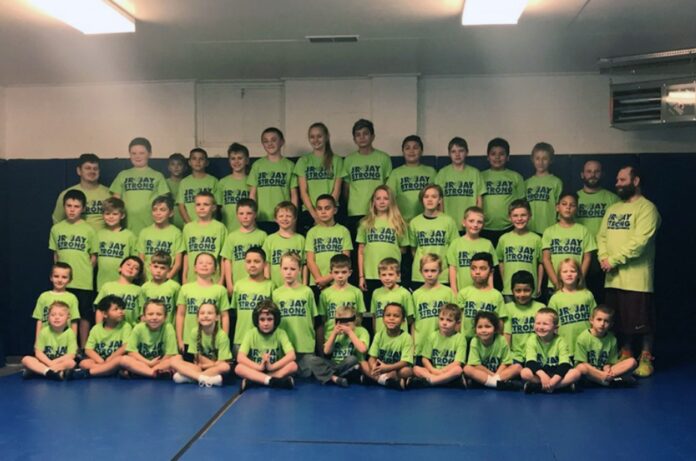Athletes of all ages need fuel before, during and after exercise in order to enhance sport performance. Athletes who are still growing should pay close attention to supporting their bodies with good nutrition and hydration.
A condition called Relative Energy Deficiency in Sport occurs when an athlete burns more calories than they get from food. It’s most common in sports like gymnastics and diving and weight-class sports like wrestling.
In school-aged athletes, the calorie deficiency may be accidently caused by scheduling. The student eats lunch, has a competition and is too tired or busy to eat a regular meal late in the evening.
Students from food-insecure families are at risk of unintentional under-fueling when they don’t have access to the amount of food required to meet their nutritional needs, according to the University of Iowa Hospitals and Clinics.
Athletes are prone to trying diets designed for rapid weight loss through cutting calories and eliminating food groups. These diets are inappropriate for young athletes, who require adequate calorie intake to fuel their sport and support normal growth and development.
If your student athlete seems to be making unwise choices about food intake, listen to what they say about this. There is information for parents and coaches about eating disorders at the National Eating Disorders website.
Ann Cochran is the health navigation coordinator in the Dallas County Public Health Department.


















